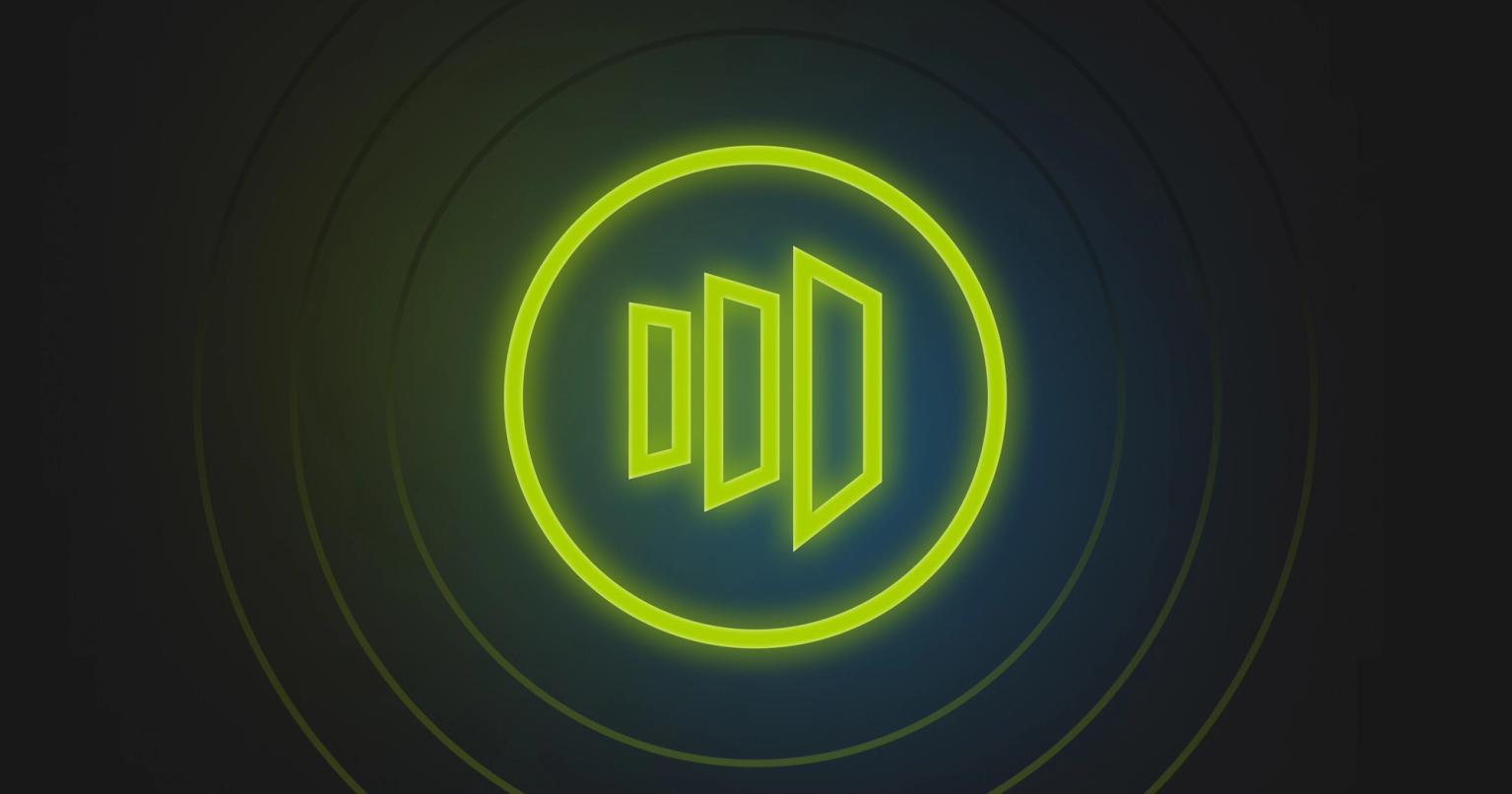Why customer relationships became my full-time job

Brendan Farnand
Co-founder & Chief Evangelist, Knak
Published May 29, 2025

Summary
Discover why Knak’s Co-founder shifted focus to customer relationships—and how trust drives success in the fast-moving Martech world.
Introduction
My role at Knak recently changed. I got a new title (Co-founder & Chief Evangelist) and new responsibilities.
Basically, it has become my job to develop and nurture relationships between Knak and its customers.
That’s a big change for someone whose background is in marketing operations, sales and customer success.
But there’s sound reasoning behind it.
In this post, I want to explain why customer relations is now central to my job. I think the reasons will resonate with anyone working in martech.
Relationships are essential in an ever-more-complicated world
Marketing technology is evolving at a crazy pace, and the arrival of artificial intelligence is speeding up the rate of change.
How crazily fast are things moving?
Scott Brinker – a man once dubbed the Godfather of Martech – is VP Platform Ecosystem at HubSpot and author of a blog entitled Chief Martech.
Brinker became famous for his marketing technology landscape supergraphic called the Martech 5000. Released every year on the first Tuesday in May, it shows the number of marketing technology products available.
There are now over 15,000 such products in 2025, 9 per cent more than the year before. Only 15 years ago, when the chart was first produced, there were only 150 or so martech products…100X growth!
Is it any wonder that it is now impossible for one person or even one whole department to stay on top of what’s going on? There’s too much happening. People need help!
And the best place to get help is from your colleagues in the business.
So you need to develop relationships with them.
Being well connected helps people stay on top of things. You hear from people in your network about the latest technology, about what works and what doesn’t. You find out what’s worth learning more about, and what’s less relevant to your needs. And that helps you optimize the use of your time and money.
I realized the importance of connections when I got into MOPs.
MOPs was a new field at the time; there was no roadmap for how to set up and run a marketing operations team. (There still isn’t!) And things were changing so fast, it was hard to know what to do. So being able to tap into a community of people with the same challenges and concerns was invaluable. People in the business were able to rely on one another for mutual support.
I connected with people both inside and outside the company I was with at the time. For example, we’d go to industry events and try to learn about what other companies were doing in marketing operations. It was always valuable to hear stories and get new perspectives.
In fact, it sometimes felt therapeutic to talk to MOPs people from other companies who were dealing with the same kind of problems and issues we were. It made us realize we were not alone.
Bottom line: I have learned that without a good network of relationships, it’s impossible to know what tools are available, how they can help and what’s on the horizon.
So I want to work on building and maintaining relationships with our customers so that we can all be as up-to-date as possible.
Relationships build trust and trust builds relationships
I learned early on that relationships build trust and trust builds relationships.
I got into marketing by chance. You could say that marketing chose me, I didn’t choose it. (Hmm, haven’t I heard that said somewhere before?)
I have a tech background and when it came time to begin my career, I decided I wanted to do something business-related.
So I got into product marketing, which ended up being a perfect match for my two strongest skill sets. My tech background allowed me to understand the technical specs of the product I was selling, and my people skills (anyone who knows me knows I’m a people person!) made me good with sales.
Over time, I moved into marketing operations – back when MOPs was just becoming a thing. Again, it was a good fit for my skill set, which by this time also included marketing.
Then along came Knak. And in Knak’s early days, I would find myself sitting in Pierce’s basement (Pierce Ujjainwalla is Knak’s Co-founder and CEO) talking to hundreds if not thousands of MOPs people like me about the solutions Knak provided.
We had a product that we knew provided tremendous value, and solved real problems.
But to get prospects to take a chance on us, we had to get them to trust us.
And that takes patience.
My whole job, for the first two or three years I was at Knak, was literally just talking to all sorts of MOPs people and selling Knak to them.
I could only do that by connecting with them. By showing them that we could solve their challenges together. By building trust.
Underlying every relationship is the bond of trust.
Are you going to take a chance on buying a new product from a stranger? Hardly. You will be more inclined to take a leap when it involves someone you know.
Relationships have to be worked on
Business relationships are like any other relationship. They need to be nurtured. They don’t arise spontaneously; they grow out of shared things – shared goals, shared interests, shared values, a shared way of understanding problems and coming to solutions.
So a large part of my new responsibilities involves listening to our customers. I want to hear about their concerns and their needs. I want to know how they use our product, where they think it can be improved, and how they view the future. I want them to feel heard.
It’s also my responsibility to share customer comments and concerns with people inside Knak.
I want everyone inside our company to understand the people they are providing solutions for. I want them to be aware of customer needs and concerns so that when, say, a Knak developer talks to a customer, that developer doesn’t come across as unaware of what’s happening in the market and with the customer. I want that Knak developer to go into the conversation with some background knowledge of the customer, and be able to demonstrate understanding and empathy right from the get-go.
Ideally that developer, or any Knak employee who deals with a customer, will over time develop their own relationship with the people they interact with.
You know you are on the right path to developing a good relationship when customers start talking to you about things beyond the scope of work. They might confide in you about their career goals, for example. And maybe you can help them out or give them some advice. It’s all part of being connected to the customer as a person.
But you’ve got to keep working at it.
The rewards can be big
Over the years I’ve listened to thousands of customer stories.
I never bothered about systematically communicating those stories to other people inside Knak.
But sometimes those customer stories can be incredibly motivating.
People at Knak need to know the power of our product.
So now I’m sharing customer stories like this one.
Recently, a new customer told me how they were caught off-guard by a competitor, who launched a new promotion that took them completely by surprise.
This customer decided to respond with an offer of their own.
But it took them more than a month to create and launch their own marketing campaign about their offer, and during that time they lost millions of dollars in business.
That new customer told me that if they’d been using Knak, they would have been able to launch their counter-offensive within days, instead of weeks.
What a powerful testimony to the advantages Knak provides!
Yet a number of people inside Knak were floored when I told them this story; it was for them a genuinely new angle on how Knak can be useful.
It was also a perfect example of why we need to get to know each other. People at Knak need to understand what we can do for our customers, and our customers need to know they can come to us with their needs and concerns.
Got a story for me? A concern? An idea? Just want to get to know me? Get in touch. I’m all ears!

Author
Brendan Farnand
Co-founder & Chief Evangelist, Knak
Brendan Farnand is a career enterprise marketer who’s passionate about making modern marketing accessible to everyone. He takes pride in positioning products effectively and crafting messages that resonate, and has extensive experience in demand generation, customer experience, and marketing operations. Brendan’s real job is being a husband and father of five, and he is proud of his dad jokes even if his family isn’t. He’s also a major car nut.










